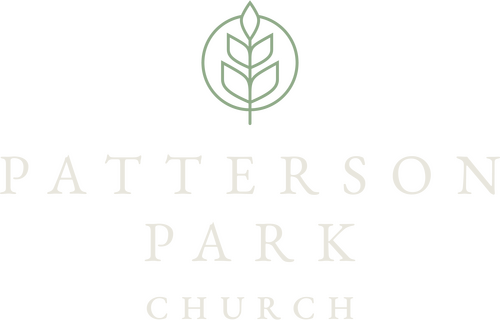Why We Need Each Other: Discipleship As a Team Sport
In his book Knowledge of the Holy, AW Tozer observes that even though our concept of God is fundamental to everything else about our spiritual life, it is difficult for anyone to know what he or she actually thinks about God:
Compared with our actual thoughts about Him, our creedal statements are of little consequence. Our real idea of God may lie buried under the rubbish of conventional religious notions and may require an intelligent and vigorous search before it is finally unearthed and exposed for what it is. Only after an ordeal of painful self-probing are we likely to discover what we actually believe about God. AW Tozer
He’s right, of course.
It’s easy to declare our belief in the traditional language about God and imagine that those words – carefully crafted by our spiritual fore-bears – convey our own view of Him. Our actual practice may be different, however, as other factors – our own family background, the influence of popular theology, or the viewpoints of people we admire – may have formulated a kind of caricature, a distorted picture of God. And without knowing it, the God we actually think about is only the caricature, not the Holy One of Israel, Ruler of Heaven and Earth. This is no ruse. We are not being hypocritical, we are simply blind to our blind spots.
Which makes me wonder if Tozer is being too optimistic.
Knowing how easy it is for me to lie to myself and how difficult it is for me to detect my own blind spots, could any amount of vigorous search and painful self-probing be sufficient for me to uncover my own actual view of God?
I’ve got my doubts. I’m not sure I am even capable of detecting my blind spots precisely because I am blind to them.
This is one of the reasons we need one another so much – to help us see things about ourselves that we are incapable of seeing – or unwilling to see. When we listen carefully to each other, when we examine the Scriptures together, when we listen to one another pray, when we have the courage to ask one another probing questions, we can help one another uncover our heart attitudes.
Discipleship has been called “a long obedience in the same direction,” but it is not a solo journey.
We need one another as traveling companions, not only to encourage and support but also to probe and admonish.
Who are the one or two people who know they have your permission to ask you those probing, uncomfortable questions?
Cherish those spiritual friendships.
Invest in them.
You and your friends need one another.
Persevere,
Paul Pyle,
Pastor of Discipleship
Compared with our actual thoughts about Him, our creedal statements are of little consequence. Our real idea of God may lie buried under the rubbish of conventional religious notions and may require an intelligent and vigorous search before it is finally unearthed and exposed for what it is. Only after an ordeal of painful self-probing are we likely to discover what we actually believe about God. AW Tozer
He’s right, of course.
It’s easy to declare our belief in the traditional language about God and imagine that those words – carefully crafted by our spiritual fore-bears – convey our own view of Him. Our actual practice may be different, however, as other factors – our own family background, the influence of popular theology, or the viewpoints of people we admire – may have formulated a kind of caricature, a distorted picture of God. And without knowing it, the God we actually think about is only the caricature, not the Holy One of Israel, Ruler of Heaven and Earth. This is no ruse. We are not being hypocritical, we are simply blind to our blind spots.
Which makes me wonder if Tozer is being too optimistic.
Knowing how easy it is for me to lie to myself and how difficult it is for me to detect my own blind spots, could any amount of vigorous search and painful self-probing be sufficient for me to uncover my own actual view of God?
I’ve got my doubts. I’m not sure I am even capable of detecting my blind spots precisely because I am blind to them.
This is one of the reasons we need one another so much – to help us see things about ourselves that we are incapable of seeing – or unwilling to see. When we listen carefully to each other, when we examine the Scriptures together, when we listen to one another pray, when we have the courage to ask one another probing questions, we can help one another uncover our heart attitudes.
Discipleship has been called “a long obedience in the same direction,” but it is not a solo journey.
We need one another as traveling companions, not only to encourage and support but also to probe and admonish.
Who are the one or two people who know they have your permission to ask you those probing, uncomfortable questions?
Cherish those spiritual friendships.
Invest in them.
You and your friends need one another.
Persevere,
Paul Pyle,
Pastor of Discipleship
Recent
Archive
2026
2025
January
February
March
April
May
July
August
September
October
November
2024
January
February
March
April
May
June
August
September
October
Categories
no categories
